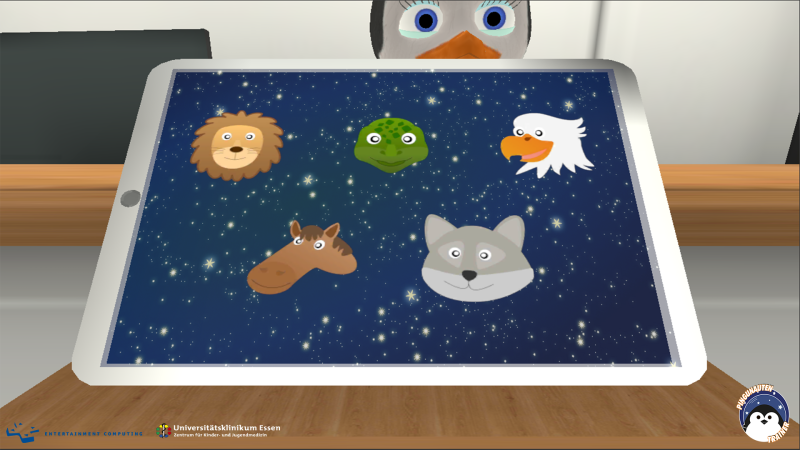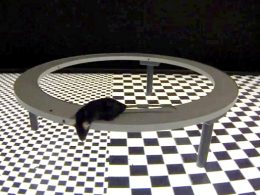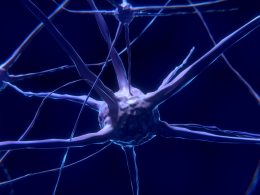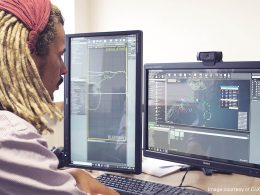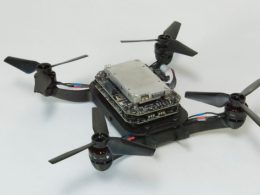A virtual reality app is designed to educate children about MRI diagnostics and thus make them less afraid of it.
A new virtual reality application aims to take away children's fear of magnetic resonance imaging (MRI) and thus also reduce the number of anaesthetics required for MRI examinations of young patients. The app is being used at Essen University Hospital and the Amsterdamer Strasse Paediatric Clinic in Cologne as part of a study in preparation for MRI examinations.
To do this, the children put on VR glasses on which the aforementioned app called "Pingunauts" is running. In the film, two penguins explain the structure of an MRI and the examination procedure, and there are also little games. The aim is to help young patients overcome their fear of the confinement and noise in the tube, while at the same time training them to lie still.
Worldallpass
Every child who takes part in the study also receives a Universal Passport. This passport contains scratch fields that can be scratched off as a reward after each successfully completed training session. This results in a small picture story that tells the journey of our Pingunauts through space. The space passport is also used to show the radiological team how often the children have trained before the examination. The children are also asked to choose a so-called motto. They can make this their motto and recite it to themselves when they want to encourage themselves.
Goal: fewer anaesthetics
The glasses will initially be used primarily in paediatric oncology. Until now, around a third of young cancer patients had to be given an anaesthetic to enable an MRI examination, according to Dr Oliver Basu, paediatric oncologist at Essen University Hospital. One aim of the VR application is to reduce the number of these anaesthetics.
The app was developed in 2016 as part of the "VR-RLX - Integrated Virtual Reality System for the Reduction of Anxiety and Sedation in Paediatric Radiology" project. Around 30 children are currently using the app. In a second step, the project group wants to develop an app that can be used during the actual examination - also via VR glasses.
Source: aerztezeitung / VR RLX





